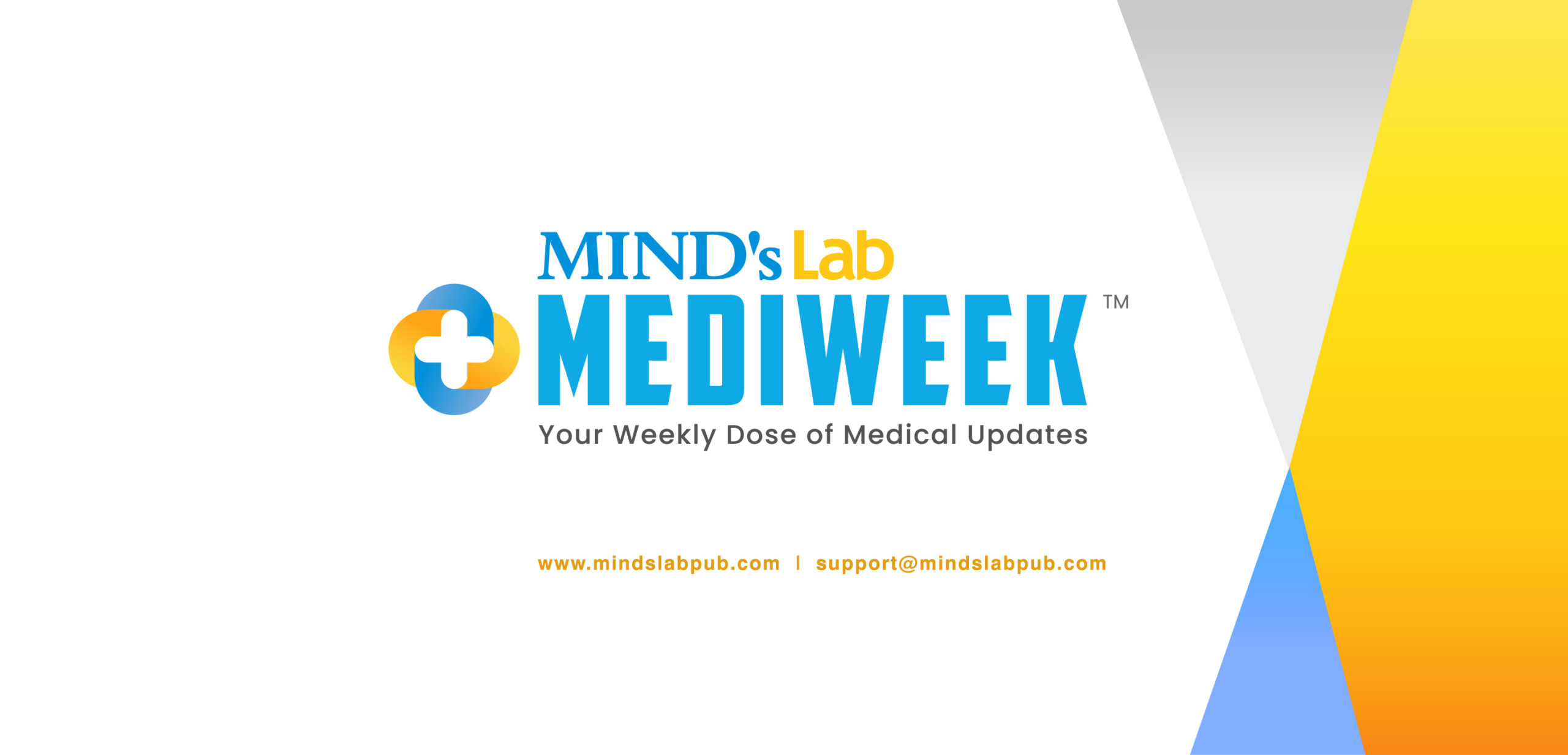
The circadian system is a hierarchically structured 24-hour timing system in the body that regulates behavior and metabolism via a central clock in the brain and peripheral clocks in different tissues and organs. Hence, the body responds differently to the same food consumed at different times of the day, resulting in diurnal variations in glucose tolerance, hormone secretion after meals, and other metabolic processes.
Food intake itself acts as an important signal that helps align our internal clocks. Eating at times that are out of sync from the natural light-dark rhythm, e.g., when working at night, can lead to an internal clock disorder and adverse metabolic effects. Although studies have shown that eating late at night is associated with an increased risk of obesity, cardiovascular diseases, and related cardiometabolic traits, little is known about how the timing of food intake affects glucose metabolism and risk of diabetes and to what extent this is genetically defined.
A recent study by Vahlhaus J et al., published in the journal “eBioMedicine”, investigated the link between evening eating timing and glucose metabolism and insulin sensitivity as well as explored the contribution of genetic and environmental factors to eating timing pattern. Data from the NUGAT study conducted in 2009−2010 was used for the investigation and 92 participants (46 twin pairs) were included in the study. All the participants underwent detailed metabolic assessments, which included physical examination, medical history review, body measurements, and glucose tolerance tests. Parameters of eating timing pattern (eating timing, daily calorie distribution, and eating frequency) were determined from 5-day food records. Circadian caloric midpoint (CCM) of (the time point in the day at which 50% of the daily calories are consumed) was assessed. Circadian timing of eating was also determined. People who had their final meal later in the day and closer to the bedtime had less effective glucose metabolism by the end of the day due to lower insulin sensitivity, which is associated with a higher risk of type 2 diabetes. Genetics influenced up to 60% of when individuals prefer to eat during the day (see Graphic).

(Source: Vahlhaus J, Peters B, Hornemann S, Ost AC, Kruse M, Busjahn A, Pfeiffer AFH, Pivovarova-Ramich O. Later eating timing in relation to an individual internal clock is associated with lower insulin sensitivity and affected by genetic factors. EBioMedicine. 2025;116:105737. Doi: 10.1016/j.ebiom.2025.105737)
